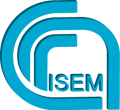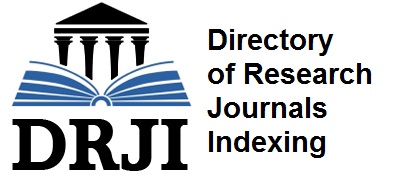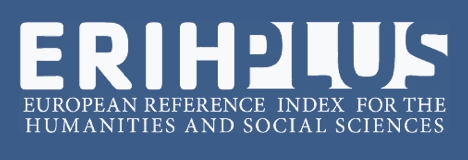Il Mediterraneo al di là del paradigma. Una ricognizione araba del vocabolario della rappresentazione europea dell’area mediterranea
The Mediterranean Sea beyond the paradigm. An Arabic survey of the vocabulary of the European representation of the Mediterranean area
Abstract
This article aims to re-think the Mediterranean space, beyond the ideological divisions and buildings imposed by a European Weltanschauung.To realize this change of perspective, I will analyze the main works of Mohammed Arkoun (d. 2010), one of the most influential contemporary Arab scholars. The research will aim to define the existence of a Mediterranean profile in Arkoun's most significant reflections, considering major themes which run through this topic (historically and philosophically analyzed). Consequently, it will be possible to reconstruct Mediterranean area inside the history of an ancient convergence between Islam and Europe and the possibility to create a new meeting point, starting from the common geo-historical and geo-cultural horizon.
Questo articolo si propone di ri-pensare lo spazio mediterraneo, al di là, delle divisioni e delle costruzioni ideologiche imposte da una Weltanschauung europea. Per compiere questo cambio di prospettiva, intendo analizzare le principali opere di Mohammed Arkoun (m. 2010), uno dei più importanti studiosi arabi contemporanei. La ricerca intende rintracciare l’esistenza di un profilo mediterraneo nell’insieme delle riflessioni di Arkoun, esplorandone i maggiori aspetti in cui questo tema si declina storicamente e filosoficamente. Tale operazione consentirà di comprendere la centralità dell’area mediterranea nella storia di una convergenza tra Islam e Occidente e, le possibilità di una sua rinascita, a cominciare dall’orizzonte geo-storico, geo-culturale comune.

This work is licensed under a Creative Commons Attribution-NonCommercial 4.0 International License.
Authors who publish with this Journal agree to the following terms:
Authors retain copyright and grant the Journal right of first publication with the work simultaneously licensed under a Creative Commons Attribution-NonCommercial 4.0 International License.
This Journal permits and encourages authors to post items submitted to the Journal on personal websites or institutional repositories both prior to and after publication, while providing bibliographic details that credit, if applicable, its publication in this Journal.

















